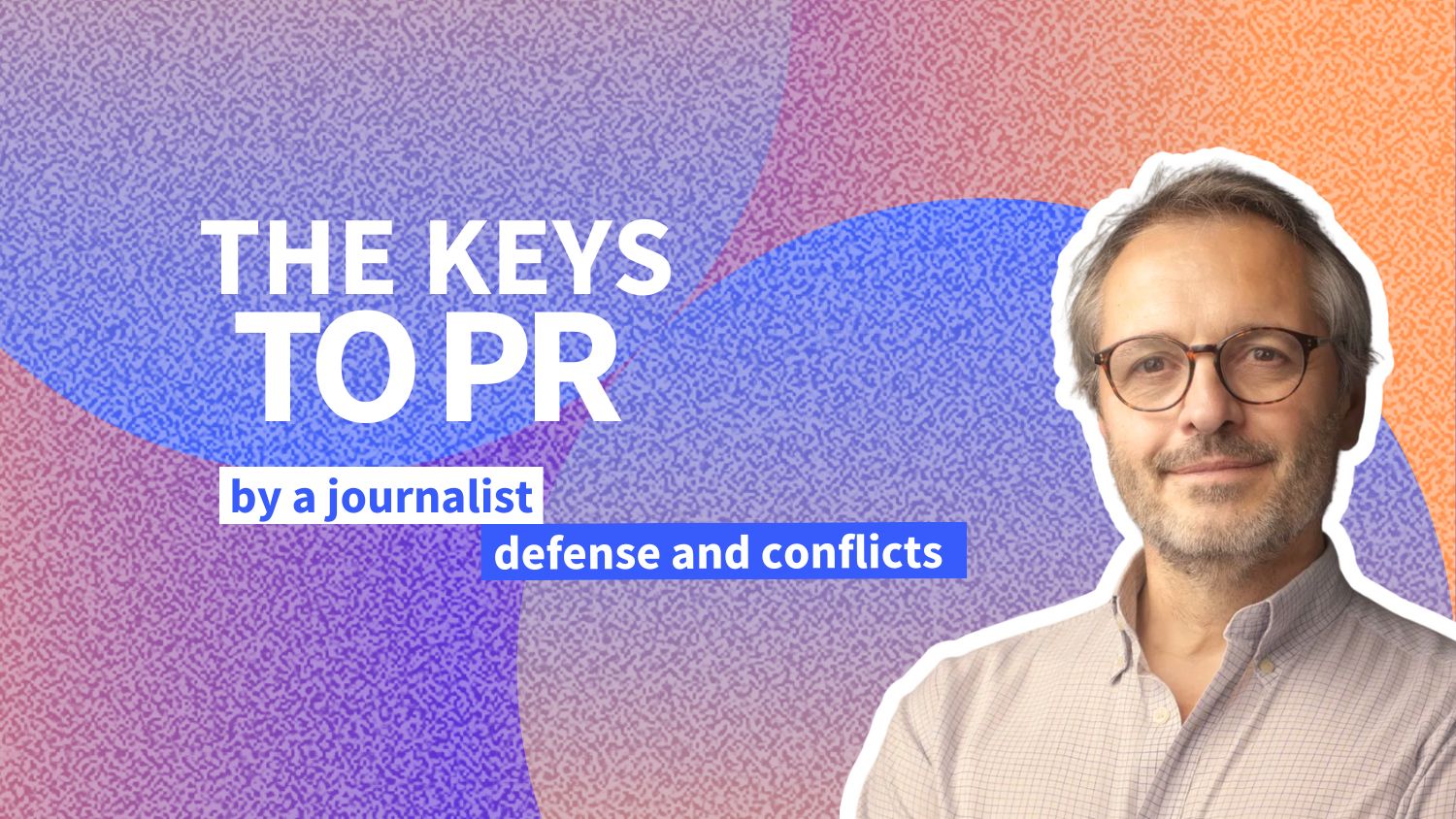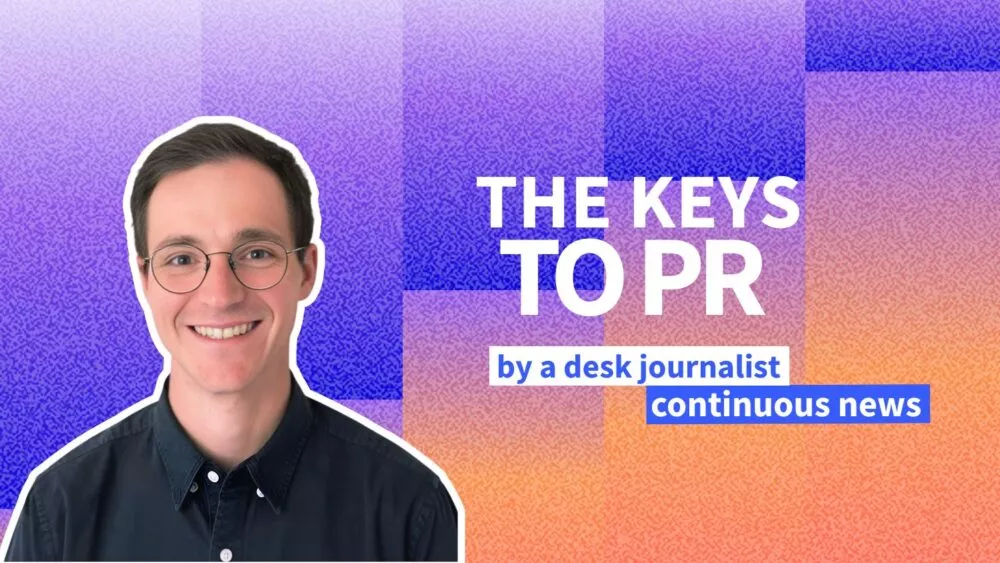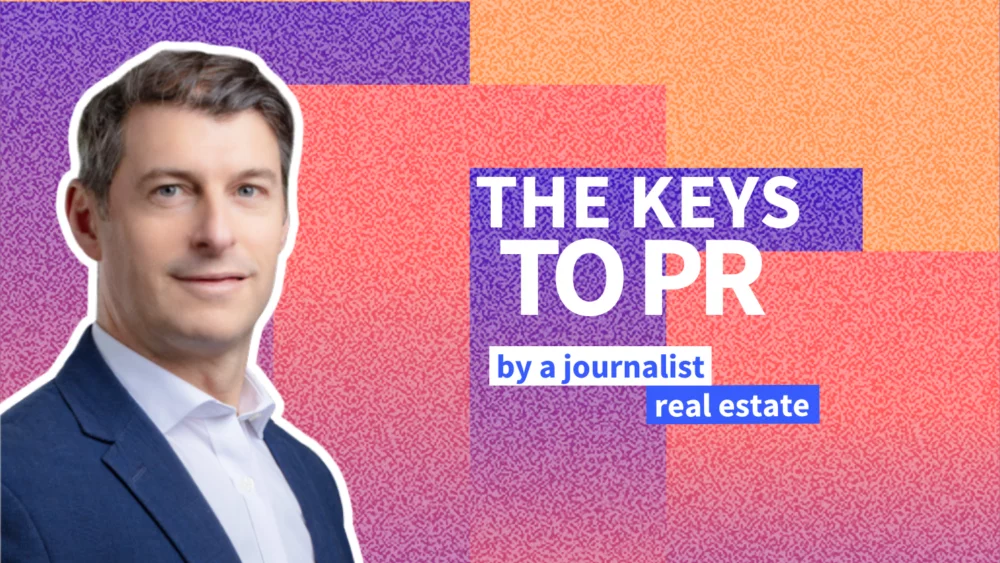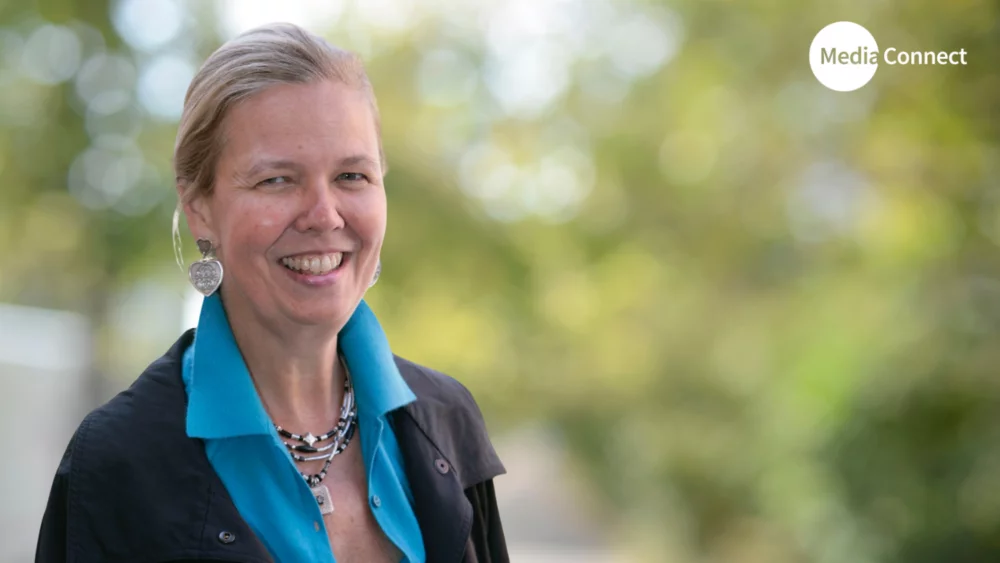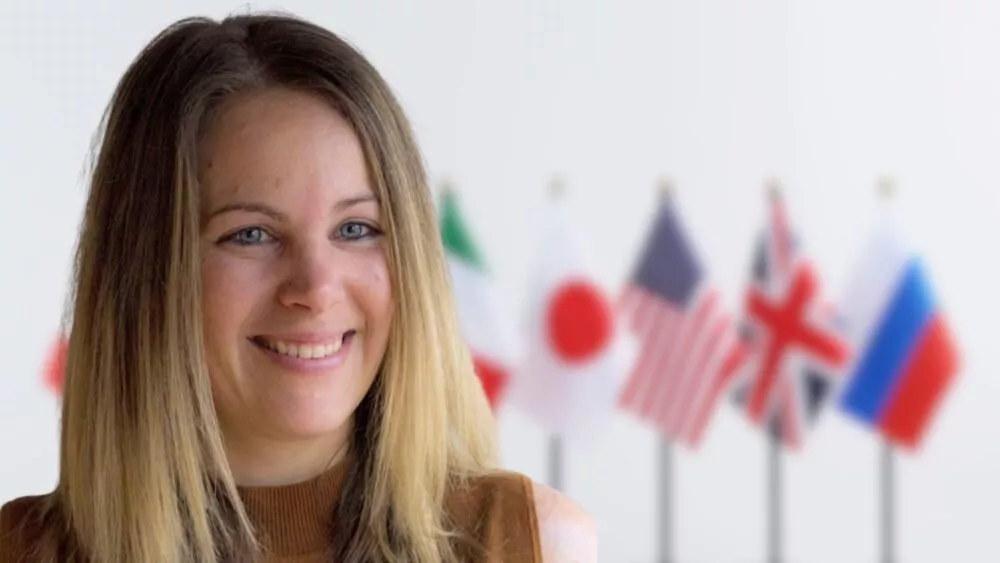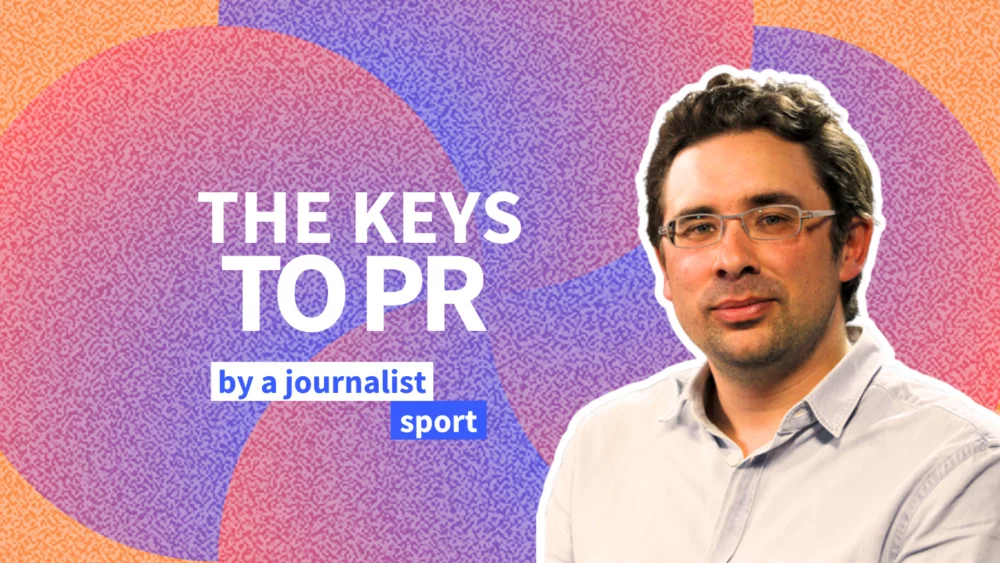Every morning, we have an editorial meeting where we determine the newspaper’s “chemin de fer”—that is, the lineup of topics we’ll cover. Everyone pitches their ideas, we discuss them, and then we make decisions based on the relevance and importance of the information. We also take into account the constraints of our medium. La Croix is a daily newspaper, so we have to consider the time available for investigation and whether reporters are free to go into the field. Some topics aren’t covered due to lack of space, time, or resources, while others impose themselves.
A concrete example: when Sébastien Lecornu resigned, it completely upended the issue’s organization. We hadn’t planned to talk about the government’s resignation, but it became the top priority. We had to reorganize pages, cut or shorten other articles to make room for that news. This is also why it’s impossible to guarantee a press officer that a planned story will appear as intended. Between the moment it’s considered and the moment the paper goes to print, everything can change. The news dictates its own pace, and we must constantly adjust our choices.
I keep myself informed daily about current events. I read the print press and listen to the radio. I also rely on other sources such as my personal and professional networks, books, open sources, and sometimes sheer coincidence. A meeting during a field report can inspire a story idea.
I also work regularly with the press offices of the Army, Air Force, Navy, and the CEMA (Chief of the Defense Staff). I contact them for interviews or reports. I also collaborate with NGOs such as Amnesty International or Human Rights Watch, who help me obtain authorization to enter certain war zones.
In practical terms, press officers help me quickly identify relevant contacts. For example, when I was working on an article about videos filmed by Gazans and their potential use in international justice, I reached out to the PR teams of NGOs. They put me in touch with the right people. For a report in western Democratic Republic of Congo, I contacted Médecins Sans Frontières to see if I could visit hospitals, and the press officer organized the contacts and identified people to accompany me on-site.
The relationship varies depending on the type of organization they represent. Defense is a sensitive topic; one must be aware of the risk of manipulation. With those working for military or political institutions or the State, I remain cautious because they are under pressure to deliver a specific message. For instance, during one of my reports in Africa, I worked with communication agencies representing presidents. They didn’t like what I had written.
Conversely, with NGOs, I feel freer and more confident, because they don’t try to impose a message. In the publishing world, there’s also great respect for our editorial freedom. Our articles are not proofread by them.
Press releases serve as a starting point for a story, but I never use them as they are. For example, an official statement from the Élysée may provide useful elements, but I won’t simply relay it. I extract key points, then ask to be put in touch with experts who can help me analyze the situation according to my chosen angle.
A press release should be short and straight to the point so that I can immediately understand how I might use it. I receive hundreds of emails and messages each day—I don’t have time to read everything. It needs to be quick, efficient, and, above all, not oversell the topic. A press officer can pitch me an idea, and I’ll decide whether to use it.
I don’t read a release if it’s irrelevant or has no link to my section, and I make that clear—politely. However, even when I agree to a topic, that doesn’t guarantee the article will be published. The news can always shift priorities.
I often work with the same press officers, but I’m open to others. If communicators have contacts with researchers from the Collège de France, NATO officials, or lesser-known experts, I’m interested. Anything that can deepen my understanding and enrich a story interests me. I expect press officers to connect me with competent, relevant experts in their fields.
I’m looking for people capable of deciphering issues with nuance and analyzing facts. They must also be comfortable speaking freely, without trying to defend an image or institution. For instance, if I’m covering a story on Ukraine, I want someone who can explain the stakes clearly, without propaganda.
I also expect PR professionals to facilitate field access and quickly organize necessary interviews. Recently, I went on a reporting trip from Friday to Sunday, with an article due the following Tuesday. To prepare, I called several NGOs, the International Criminal Court, and two authors before leaving. One source didn’t respond in time, so I had to write the article without them. In daily journalism, responsiveness is crucial. The press officer must be flexible, efficient, and quick to act.
Finally, for me, the relationship with PR teams must remain professional and based on mutual respect. Each side understands its constraints and limits, and things must remain transparent. Don’t harass us, oversell an expert, or distort reality to promote an institution. When a communicator oversells a story, they lose all credibility in my eyes. We’re not here to be friends or enemies—we’re here to work effectively and deliver accurate information.
Laurent Larcher’s expectations:
-
Be connected with experts capable of analyzing current events
-
Facilitate access to war zones
-
Avoid overselling your story
-
Flexible and responsive press officers
Also read:
